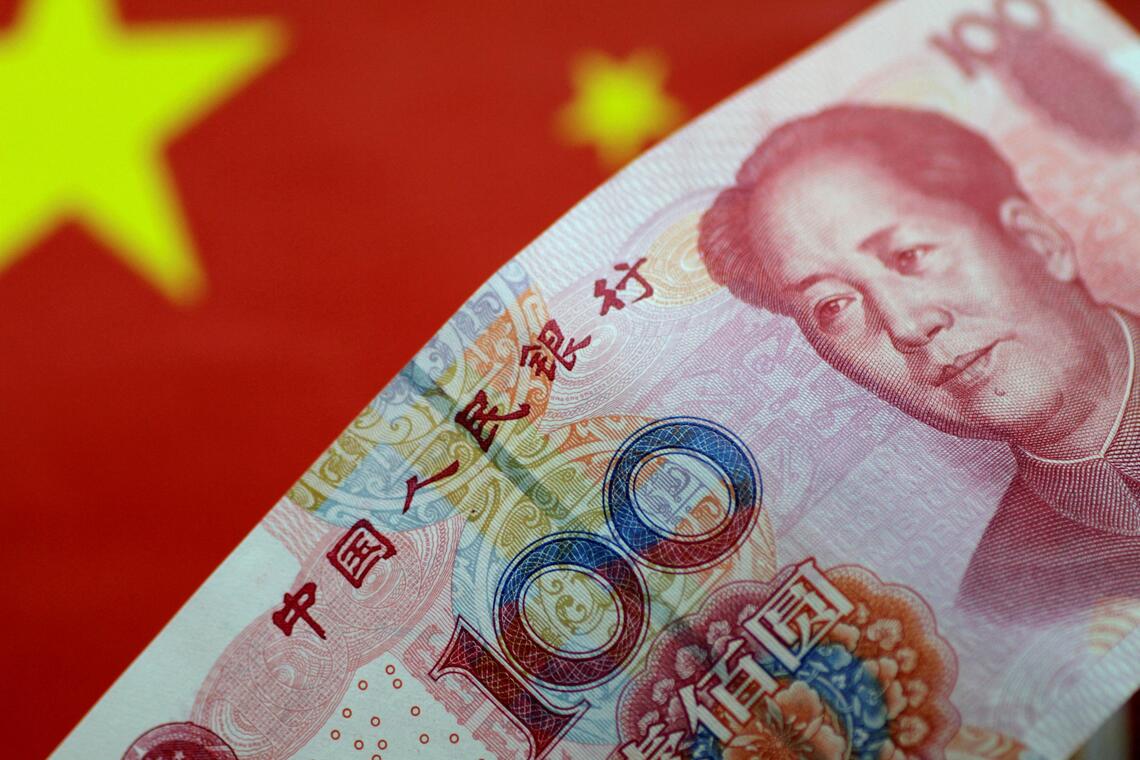HONG KONG – Chinese households are tiptoeing back into equities, driven in part by a stark reality: Almost nothing else looks worth buying.
The CSI 300 Index has surged more than 25 per cent since its April lows, fuelled by enthusiasm over artificial intelligence and US President Donald Trump’s softer rhetoric on China. But other asset classes – from wealth management products to money-market funds – remain stuck in a years-long slump.
That is reviving an old bull market mantra: There is no alternative to stocks. The idea that China’s small investors will shift a chunk of their US$23 trillion (S$29.56 trillion) savings pile to the stock market is a tantalising one for global firms, who are showing signs of returning after years on the sidelines.
“The pressure to save is fading,” said Mr William Bratton, head of cash equity research in Asia Pacific at BNP Paribas Exane. The huge savings pool is one reason his firm is “structurally positive” on China’s stock market, he said.
So far, retail investors have not driven the rally – local institutions and foreign inflows have, according to Goldman Sachs Group. But small investors are central to the bull case. JPMorgan Chase sees about US$350 billion of additional savings flowing into stocks by the end of 2026.
Here are some of the other places Chinese investors could put their money – and why they probably will not want to.
Cash is still king for China’s nation of savers, but the crown has lost its shine.
The nation’s four biggest banks offer returns of around 1.3 per cent for five-year savings accounts, down from around 2.75 per cent in 2020, according to state media reports. Demand deposits, which savers can withdraw at any time, pay just 0.05 per cent per year.
Returns on money-market funds have also crumbled. The giant Tianhong Yu’E Bao fund, which manages around US$110 billion of assets, returns around 1.1 per cent. That is less than half what the fund’s investors earned at the start of 2024.
Bonds are not doing much better. Investors holding Chinese government debt have faced more monthly losses than gains in 2025 so far, according to a Bloomberg gauge of total returns.
Falling bond prices are accompanied by higher yields, which should ultimately make bonds more attractive to investors. But a resumption of tax collection on interest paid by the government or financial institutions has given investors yet another reason to put their money elsewhere.
The yields available also remain unappealing in historical terms, even after the recent rise. Benchmark 10-year government bond yields now hover around 1.8 per cent, well below the five-year average of 2.58 per cent.
Property was for years the default option for Chinese investors looking to generate investment returns but after a four-year downturn, there are few signs of buyers returning.
Many families already own more than one home, reducing potential demand. President Xi Jinping’s repeated mantra that “houses are for living, not for speculation” has served as a warning to would-be investors. Property developers, struggling to finish previously sold homes, have also dented confidence.
Roughly 58 per cent of the country’s household wealth is in real estate, down from 74 per cent in 2021, according to research from China International Corporation. Stocks and other high-risk financial assets account for 15 per cent after jumping 6 percentage points over the same period, the firm estimates.
Wealth management products (WMPs) have long been a popular investment for investors. But average annualised returns for both pure fixed-income and mixed strategy wealth management products are now under 3 per cent, according to data tracker PYStandard, which analysed returns from recent quarters. That cements a more than two-year downturn in what investors can earn from WMPs.
Life insurance products, a popular form of investment in China, have gone in the same direction: The annualised rate of return on some of Ping An Insurance’s universal policies has slumped to 2.5 per cent from 4.3 per cent before the Covid-19 pandemic, according to its own data.
Still, if there is no alternative to equities – what about stock markets elsewhere?
Chinese investors have in past years made bets on other markets, including finding ways to get exposure to the Magnificent Seven technology stocks in the US. But capital controls are a big hurdle. Local investors are not permitted to convert more than US$50,000 into foreign currencies each year, and funds that offer access to foreign markets are subject to their own quotas.
They also face a heavy tax burden, with local officials imposing a 20 per cent levy on income from overseas investments.
That means Chinese investors face a choice between a plethora of easy options at home that are largely unattractive, and a few eye-catching assets overseas that are not so easy to buy. Analysts are guessing they will take the middle ground – and keep ramping up their bets on local stocks. BLOOMBERG
InvestmentChinaInvestment fundsSavingsInterest rates
